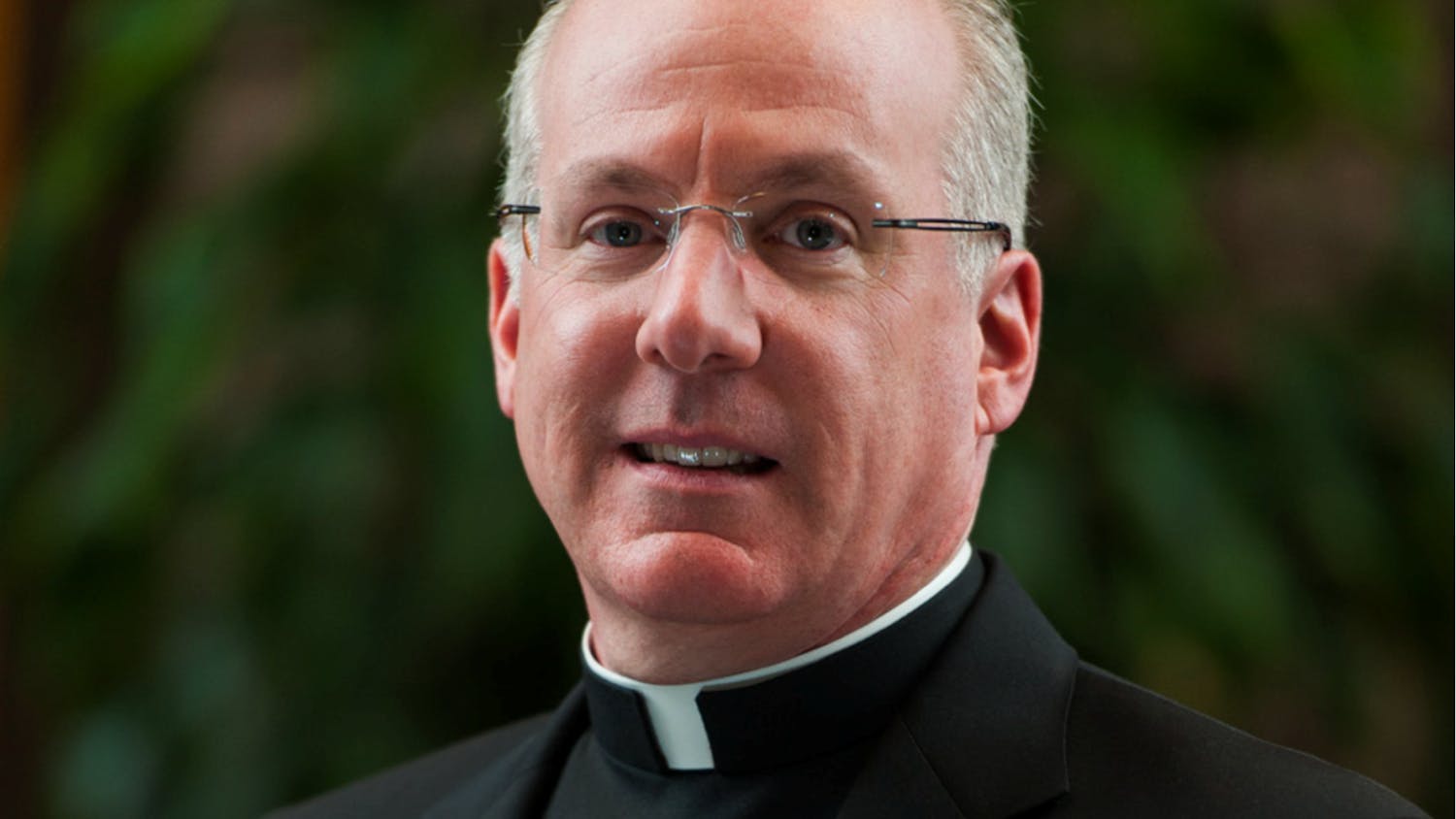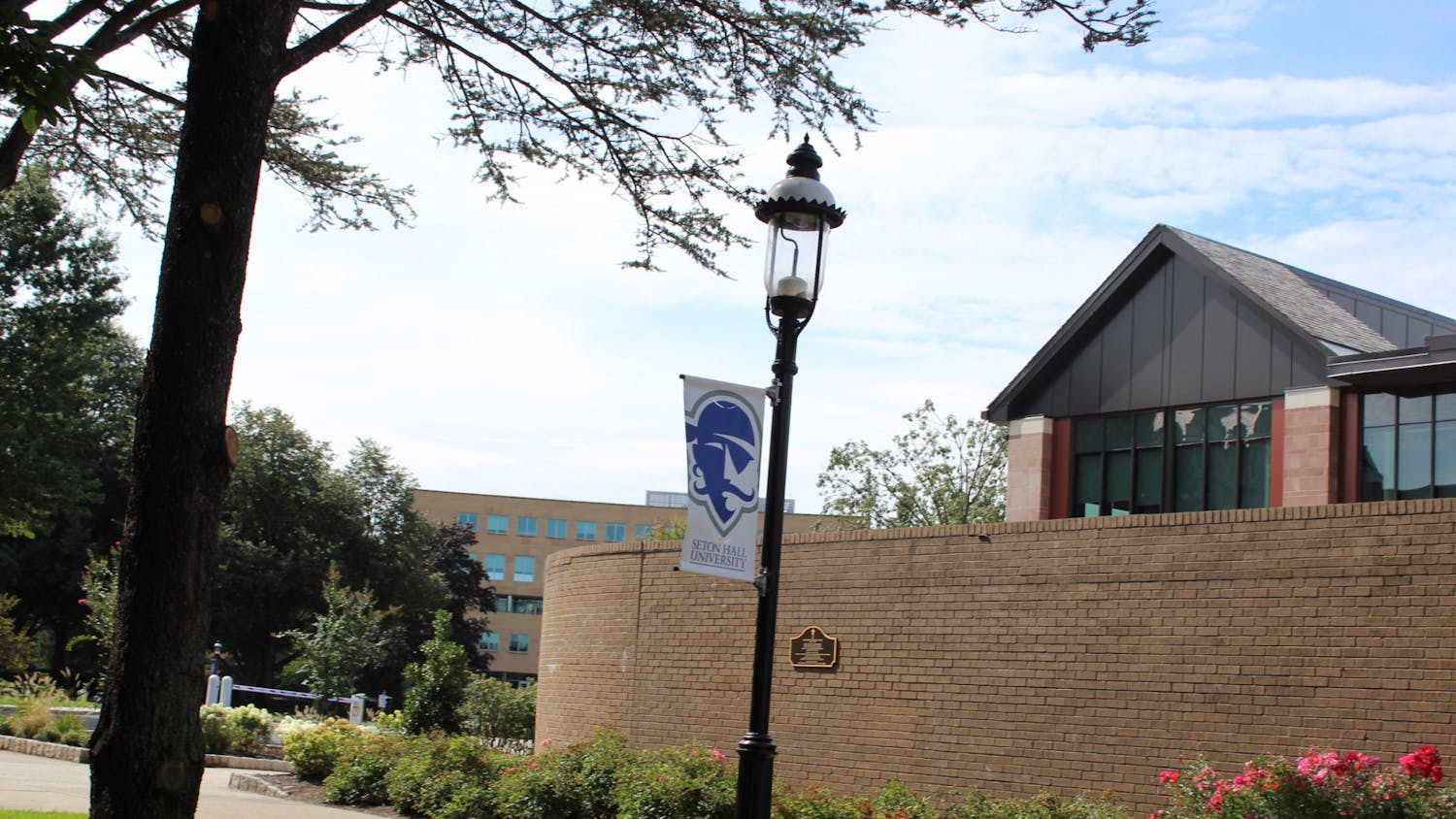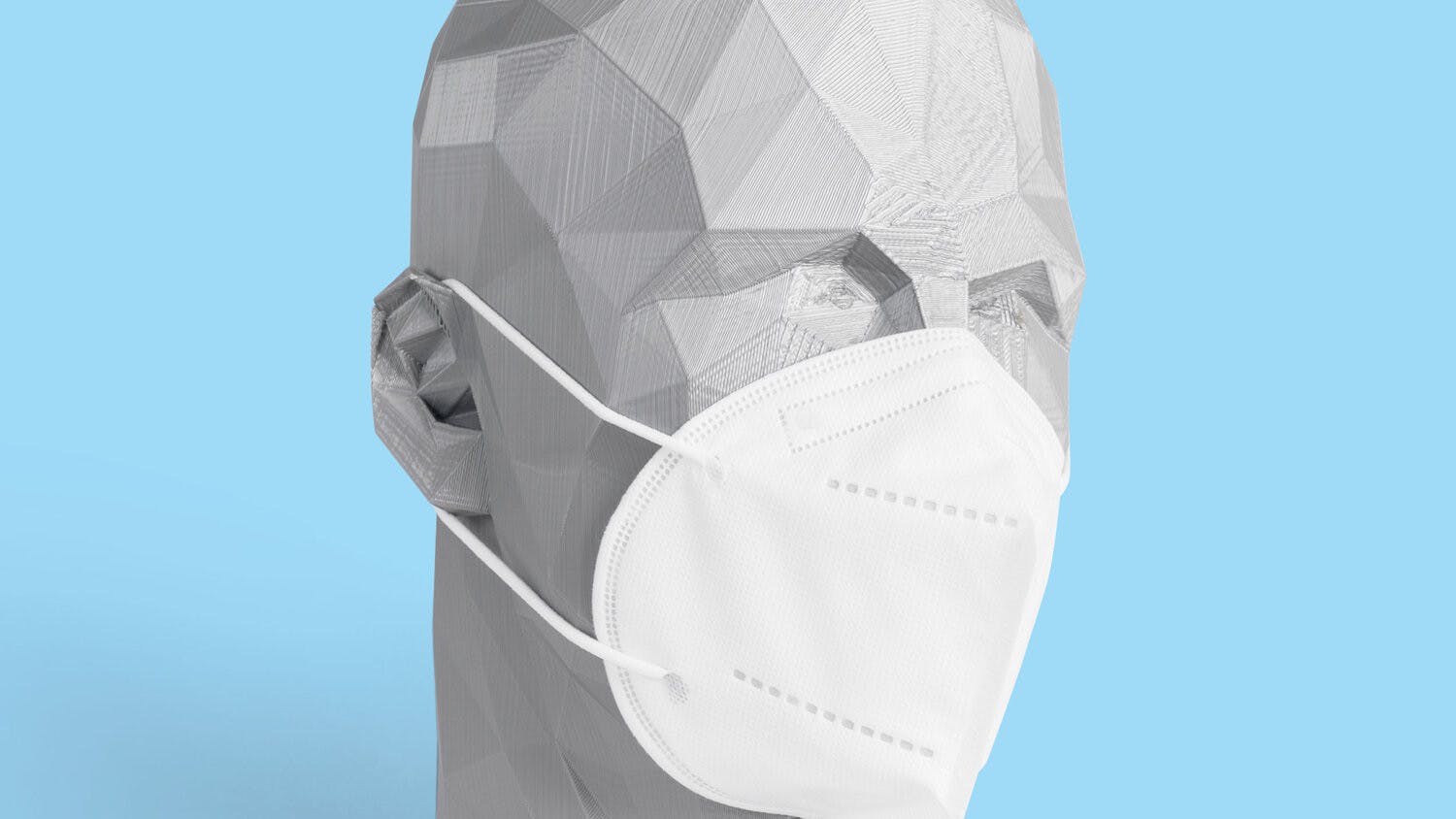
The pledge by Seton Hall and the other institutions comes in response to the election of President-elect Donald Trump, who has promised in his first 100 days in office to “immediately terminate” Obama’s executive actions on immigration.
Recently, however, he seems to be softening his stance somewhat.
Trump told Time Magazine, which named him “Man of the Year,” that he is going to “work something out” in regards to Dreamers, the undocumented young people who he promised throughout his campaign to strip of protections and work authorizations. Trump said he still plans to have Dreamers in the future and that “on a humanitarian basis it’s a tough situation,” but he did not specify how he plans to “work something out.”
Yet, he still vowed to end DACA. As president, Trump has access to the information of the undocumented students who are registered with DACA, which has caused fear in the undocumented community, according to Time.
According to the policy, the purpose of DACA is to protect eligible immigrant youth, who came to the United States when they were children, from deportation. The policy protects young undocumented immigrants from deportation and provides them with a work permit. DACA allows these individuals to study in schools of all grade levels, including higher education institutions.
The Seton Hall admission process does not require students to identify as a DACA student on the application for admission, making it hard to judge how many students are benefiting from this policy at SHU, according to Dr. Alyssa McCloud, vice president of Enrollment Management. However, administrators nonetheless want to make sure any undocumented students here through DACA do feel welcome on campus.
“I would tell undocumented students that their standing as members of the Seton Hall community has never been linked to their immigration status,” said SHU President A. Gabriel Esteban via an email interview. “They received admission to Seton Hall because we believe they could benefit from a Seton Hall educational experience. That has not changed.”
According to the most recent 2012-2016 data released by the U.S. Citizenship and Immigration Services found on its website, 40,578 applications have been approved in New Jersey alone. Being approved allows these students to apply to any higher education institution they choose. However, students under DACA are not eligible for FASFA.
An admissions officer at Seton Hall explained SHU does offer students merit scholarships if they qualify for them, however, there are no extra scholarships specifically for undocumented students.
An undocumented student on Seton Hall’s campus came forward to share her story as an anonymous source. She is a junior English major who came to America when she was 5 years old.
“Freshman year of high school everyone was getting jobs and I couldn’t because I didn’t have a social [security number],” said the student. “I felt like I needed to hide this, like I was going to be judged. I thought I was going to be looked at differently because I didn’t have papers.”
The student said she couldn’t get her license, had to work an under-the-table job and, when it was time for college, she couldn’t apply for loans or financial aid. That’s when an attorney informed her she was eligible to apply for DACA.
“I didn’t have to work under the table and I started working at the mall,” the student said. “I applied to New York & Company and I could not believe it – a real job, a social security number, nothing to be afraid of. I’m not doing anything wrong.”
She was able to start school at Seton Hall and begin her English major. Now post-election, she said she is afraid for her future.
“President-elect [Trump] already said he will reverse DACA, so I’m terrified,” the student added. “I don’t know what’s going to happen.”
Colleges and universities across the country have been taking a stand on the possibility of reversing DACA.
Pomona College in California put together a statement signed by over 400 institutions that said in part, “To our country’s leaders we say that DACA should be upheld, continued, and expanded. We are prepared to meet with you to present our case.”
In addition, more than 70 leaders in Catholic higher education have signed a statement urging for protection of undocumented students. Esteban was among one of the signers.
“Not only Seton Hall, but all Catholic universities, have much to say on this issue,” Esteban said. “Seton Hall and many other prominent Catholic universities were founded specifically to educate children of immigrants who – in their own time – often were denied the opportunity to pursue higher education in this country.”
Esteban stressed that the decision to sign the statement of solidarity was not a hard one to make.
“As an immigrant, I understand the transformative power of American higher education,” he said. “Jesus Christ told His followers that people on the move – refugees, migrants, immigrants – are special in the eyes of God and should be welcomed.”
Moving forward, Esteban said SHU will support students on campus through counseling and ministry support, legal resources from the Center for Social Justice, which is a pro bono law firm at the Newark campus, and whatever other sources the school has available.
The anonymous student said she still worries she is going to get deported next month because of uncertainties with the President-elect. “It’s something very personal,” she said. “I still think I’d be judged, especially in the times we live now, with the president we are about to have.”
However, she wants to make sure other undocumented students on campus know they are not alone.
“It’s not them, it’s not your fault,” she said. “You’re not alone. Don’t think that you’re automatically going to fail because you don’t have papers. You just have to work a little harder.”
Siobhan McGirl can be reached at siobhan.mcgirl@student.shu.edu.





